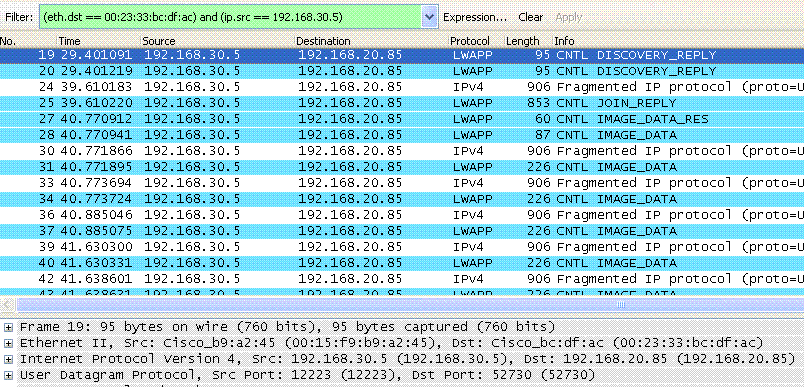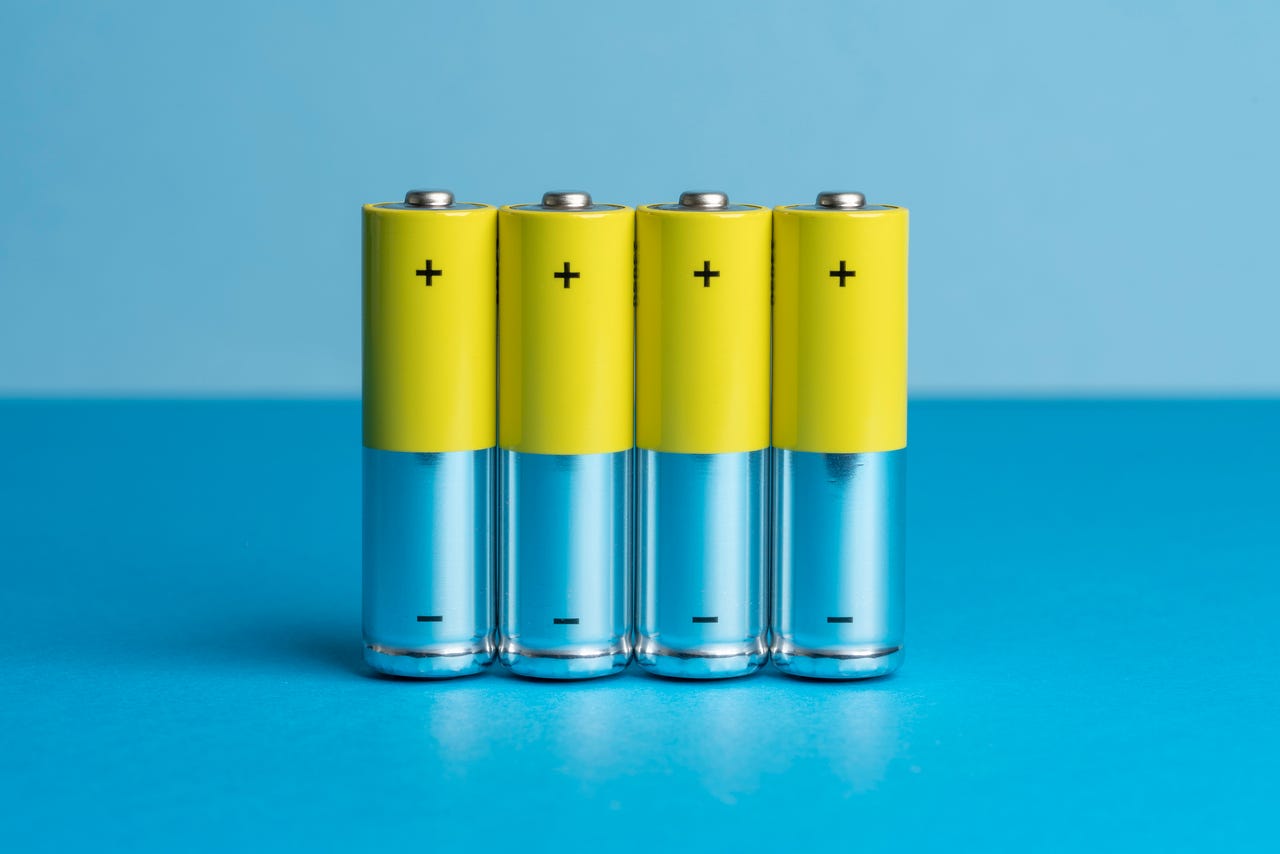
































More and more devices now come kitted out with rechargeable lithium-ion batteries -- you know, the ones that look like the old-style AA or C cell batteries, but are a slightly different size. The most common size is the nowubiquitous 18650 , but there are loads of other sizes in use too, such as the 14500, 16340, and 26650.
These batteries are incredibly safe if treated properly, especially when you consider how much power they contain, and can last for many years and hundreds of discharge cycles before needing to be replaced.
Also: The best rechargeable batteries
Despite being so reliable, things can go wrong with these batteries. One of the most common issues is that they can become so discharged that they refuse to charge altogether. While these batteries appear dead, a little gentle persuasion can often bring them back to life.
Notice that I said "gentle persuasion."
Modern lithium-ion batteries hold an incredible amount of power, and if this power is unleashed in an unplanned way -- say by damaging the battery or short-circuiting it -- then this can cause explosions, fires, injury, or even death.
Also: The best AirTag for your wallet is flat, rechargeable, and isn't made by Apple
Despite these real risks, I've come across countless videos and blog posts that encourage people to do absurdly dangerous and unspeakable things to lithium batteries. There's only way I recommend to resuscitate these batteries: use a basic USB charger.
There are several of these chargers available. I like theTrustFire UC10 , but that's now harder to find. I've found thatbasic USB chargers also work. These "dumb" chargers beat the smart ones because they can allow the battery to draw minuscule amounts of current, slowly and safely, until it gets to the point where it can take a proper charge.
I like these USB chargers because I can use a power bank rather than a mains charger to charge the battery, allowing me to carry out the charging somewhere safe, such as outdoors or in an outbuilding.
As an additional precaution, I also place the battery being charged into a fireproof container (here I'm using an old wok), just in case something goes wrong.
Also: Why you need a batteryless jump starter (and how it works)
Just this morning I brought back to life a26650 battery that had been run too low in a friend's flashlight. I hooked the charger to a power bank, connected the battery, and waited. Initially, it seemed like nothing was happening (the meter on my power bank wasn't showing any draw), but I waited anyway.
This battery doesn't seem like it's charging, but it is, just very, very slowly.
And waited.
And waited.
Also: I use this 12-in-1 electric screwdriver all the time
I patiently allowed the battery to draw small amounts of charge. After about 20 minutes, it popped back to life and started drawing all that the charger would offer -- 1 amp at 5 volts.
And all of a sudden, the battery starts drawing a healthy 1 amp and 5 volts.
At this point, I knew that it had been revived and on the path to good health.
Throughout the process I kept an eye on the battery's temperature using a thermal camera (here is a good thermal camera forAndroid , and one foriOS ).
Keeping an eye on the battery's temperature using a thermal camera.
I gave the battery a few more hours of charge, and at the end of the process it was as good as new, saving the owner the$10 or so it would have cost to replace the battery.
The names of these batteries -- such as 18650 and 26650 -- represent the size of the battery.
Also: I tested this cheap 9,000,000mAh battery pack from eBay - here's my buying advice
Take the 18650. In this case, the 18 refers to the diameter of the battery in millimeters (18mm), while the remaining digits represent the length (65.0mm).
If you are tempted to measure these batteries, definitely don't make the same mistake I saw someone once make: using metal calipers (likethese ones ). You will instantly and dangerously short-circuit the battery! Only useplastic digital calipers for measuring batteries.
 Tags chauds:
Maison & bureau
Tags chauds:
Maison & bureau